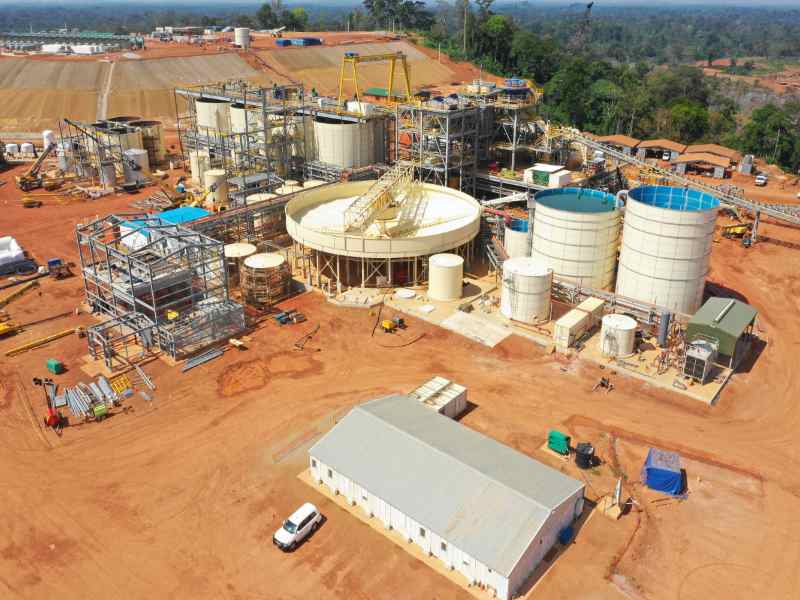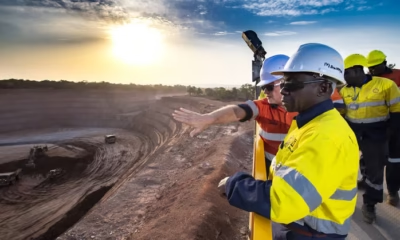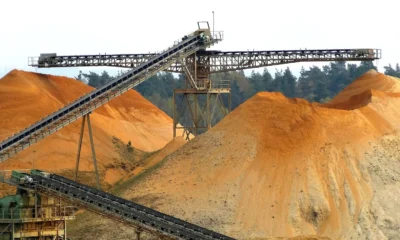Giyani Metals, Botswana’s first manufacturer of manganese suitable for batteries, revealed that the country had granted it a 15-year mining permit.
The demand for manganese, a crucial component of batteries, is anticipated to rise due to the rise in electric vehicles and other clean energy applications.
One of the few battery-grade manganese projects outside of China is Giyani’s Kgwakwe Hill (K.Hill) project, which will process manganese oxide material on-site to generate high-purity manganese sulphate. 90% of the world’s supply of high-purity manganese is controlled by this Asian nation.
An early economic study from 2023 states that the K. Hill mine will produce 80,000 metric tonnes of high-quality manganese sulphate monohydrate annually throughout a 57-year life.
“The next step is production of battery-grade manganese from our demonstration plant, which is under construction in Johannesburg, South Africa,” the Canadian company said in a statement.
It further stated that the product from the demonstration facility will be utilised for off-taker qualification, an essential stage before the signing of offtake agreements.
The diamond industry is very important to Botswana, which produces the most diamonds globally in terms of value. The gem industry accounts for 30% of national income and 70% of foreign exchange earnings.
The nation wants to diversify its mining industry by using resources including iron ore, nickel, copper, and coal.
The nation is home to three active copper mines in addition to its two active coal mines.
The demand for battery metals like manganese is predicted to decrease the nation’s dependency on diamonds as a result of the growing need for green minerals worldwide brought on by the energy transition.



































